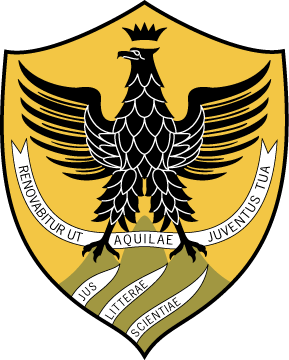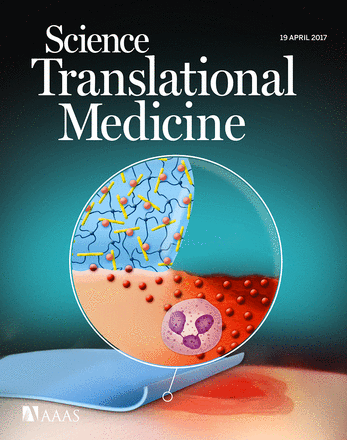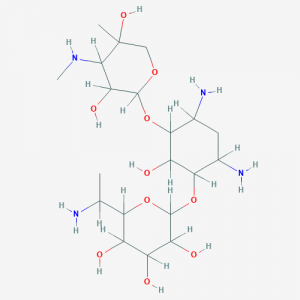 In July 2017, a JAMA journal called for an investigation into a 2013 paper it had published after concluding that the article had “scientific and ethical concerns.” Now the journal, JAMA Otolaryngology − Head & Neck Surgery, is retracting the paper.
In July 2017, a JAMA journal called for an investigation into a 2013 paper it had published after concluding that the article had “scientific and ethical concerns.” Now the journal, JAMA Otolaryngology − Head & Neck Surgery, is retracting the paper.
The article, “Dexamethasone for the prevention of recurrent laryngeal nerve palsy and other complications after thyroid surgery: a randomized double-blind placebo-controlled trial,” came from a group in Italy led by Mario Schietroma, of the Department of Surgery at the University of L’Aquila, in Abruzzo, Italy. Schietroma, who in December admitted to us that a retracted 2015 paper of his in the Journal of the American College of Surgeons suffered from “misinterpretation of the statistical data,” now has four retractions.
The paper has been cited a total of 18 times, according to Clarivate Analytics’ Web of Science, including twice since it was subjected to an expression of concern. One of those citations was by a Cochrane systematic review.
According to the retraction notice: Continue reading JAMA journal retracts paper when author can’t produce original data
 After a finding of data manipulation, the corresponding author of a 2014 paper by a team of researchers at Indiana University has retracted the work.
After a finding of data manipulation, the corresponding author of a 2014 paper by a team of researchers at Indiana University has retracted the work.

 As we’re fond of repeating, sunlight is the best disinfectant. Which doesn’t jibe with the findings in an eye-catching 2018 paper that found people were less fearful of catching a contagious illness if they were in a dark room or were wearing sunglasses.
As we’re fond of repeating, sunlight is the best disinfectant. Which doesn’t jibe with the findings in an eye-catching 2018 paper that found people were less fearful of catching a contagious illness if they were in a dark room or were wearing sunglasses. 



 The maker of a leading over-the-counter antacid has withdrawn its application for approval of the drug in China because a clinical trial of the product in that country was marred by “major protocol deviations.”
The maker of a leading over-the-counter antacid has withdrawn its application for approval of the drug in China because a clinical trial of the product in that country was marred by “major protocol deviations.”